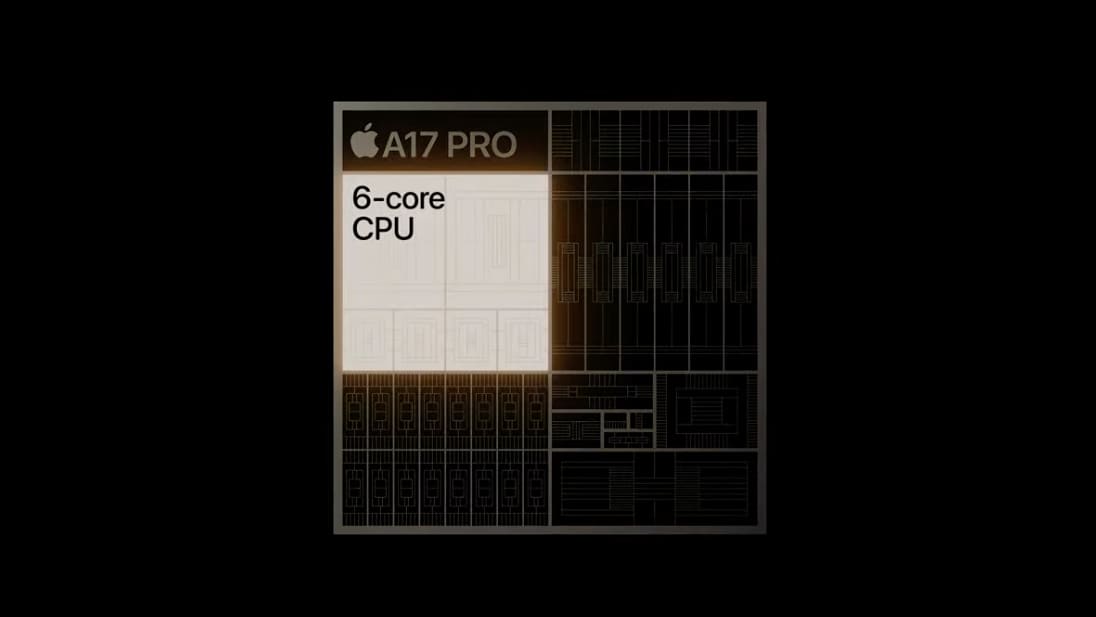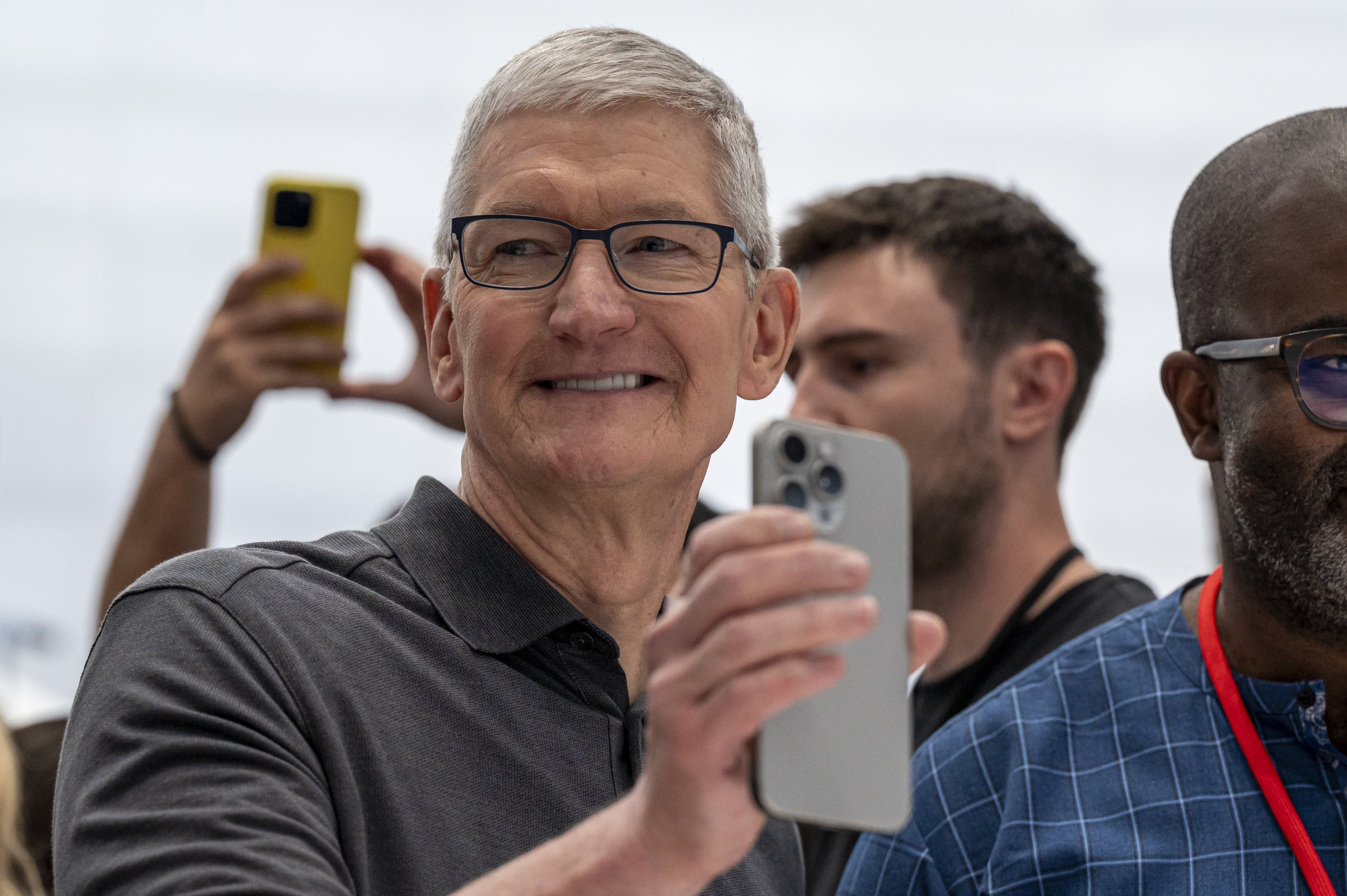
French regulators ordered Apple to stop selling the iPhone 12, saying it emits electromagnetic radiation levels that are above European Union standards for exposure. The company disputed the findings and said the device complies with regulations.
The French government agency that manages wireless communications frequencies issued the order after the iPhone 12 recently failed one of two types of tests for electromagnetic waves capable of being absorbed by the body.
It's unclear why the phone, which was released in late 2020, didn't pass the agency's latest round of tests and why it was only that particular model.
France's digital minister said the iPhone 12's radiation levels are still much lower than levels that scientific studies consider could harm users, and the agency itself acknowledges that its tests don't reflect typical phone use.
Get New England news, weather forecasts and entertainment stories to your inbox. Sign up for NECN newsletters.
The National Frequency Agency on Tuesday called on Apple to “implement all available means to rapidly fix this malfunction” for phones already in use and said it would monitor device updates. If they don't work, “Apple will have to recall” phones that have already been sold, it said.
The agency recently tested 141 cellphones and found that when the iPhone 12 is held in a hand or carried in a pocket, its level of electromagnetic energy absorption is 5.74 watts per kilogram, higher than the EU standard of 4 watts per kilogram.
The phone passed a separate test of radiation levels for devices kept in a jacket or in a bag, the agency said.
Apple said the iPhone 12 has been certified by multiple international bodies and complies with all applicable regulations and standards for radiation around the world.
The U.S. tech company said it has provided the French agency with multiple lab results carried out both by the company and third-party labs proving the phone's compliance.
Jean-Noël Barrot, France's minister in charge of digital issues, told France Info radio that the National Frequency Agency “is in charge of controlling our phones which, as there are software updates, may emit a little more or a little less electromagnetic waves.”
He said the iPhone 12's radiation levels are “slightly higher” than EU standards but “significantly lower than levels where scientific studies consider there may be consequences for users. But the rule is the rule.”
The agency's tests are carried out at diagnostic lab that uses a liquid-filled mold simulating a human head and body with brain and muscle tissue. Devices transmit at maximum power for the six-minute test, the agency says on its website, acknowledging that the tests “do not reflect the most common use of a telephone.”
During calls, the phone only transmits half the time, when the user is speaking, and calls rarely last six minutes, the agency said. Mobile internet or video use lasts longer, but the phone "rarely transmits more than 10% of the time," it added.
Cellphones have been labeled as “possible” carcinogens by the World Health Organization’s cancer research arm, putting them in the same category as coffee, diesel fumes and the pesticide DDT. The radiation produced by cellphones cannot directly damage DNA and is different from stronger types of radiation like X-rays or ultraviolet light.
In 2018, two U.S. government studies that bombarded mice and rats with cellphone radiation found a weak link to some heart tumors, but federal regulators and scientists said it was still safe to use the devices. Scientists said those findings didn’t reflect how most people use their cellphones and that the animal findings didn’t translate into a similar concern for humans.
Among the largest studies on potential dangers of cellphone use, a 2010 analysis in 13 countries found little or no risk of brain tumors.
People’s mobile phone habits also have changed substantially since the first studies began and it’s unclear if the results of previous research would still apply today.
Since many tumors take years to develop, experts say it’s difficult to conclude that cellphones have no long-term health risks. Experts have recommended that people concerned about their cellphone radiation exposure use earphones or switch to texting.



